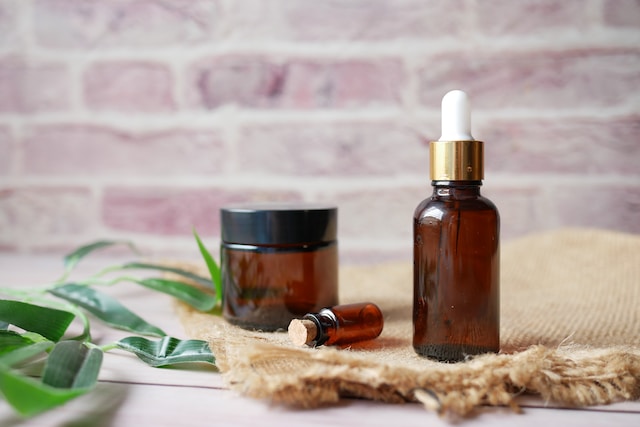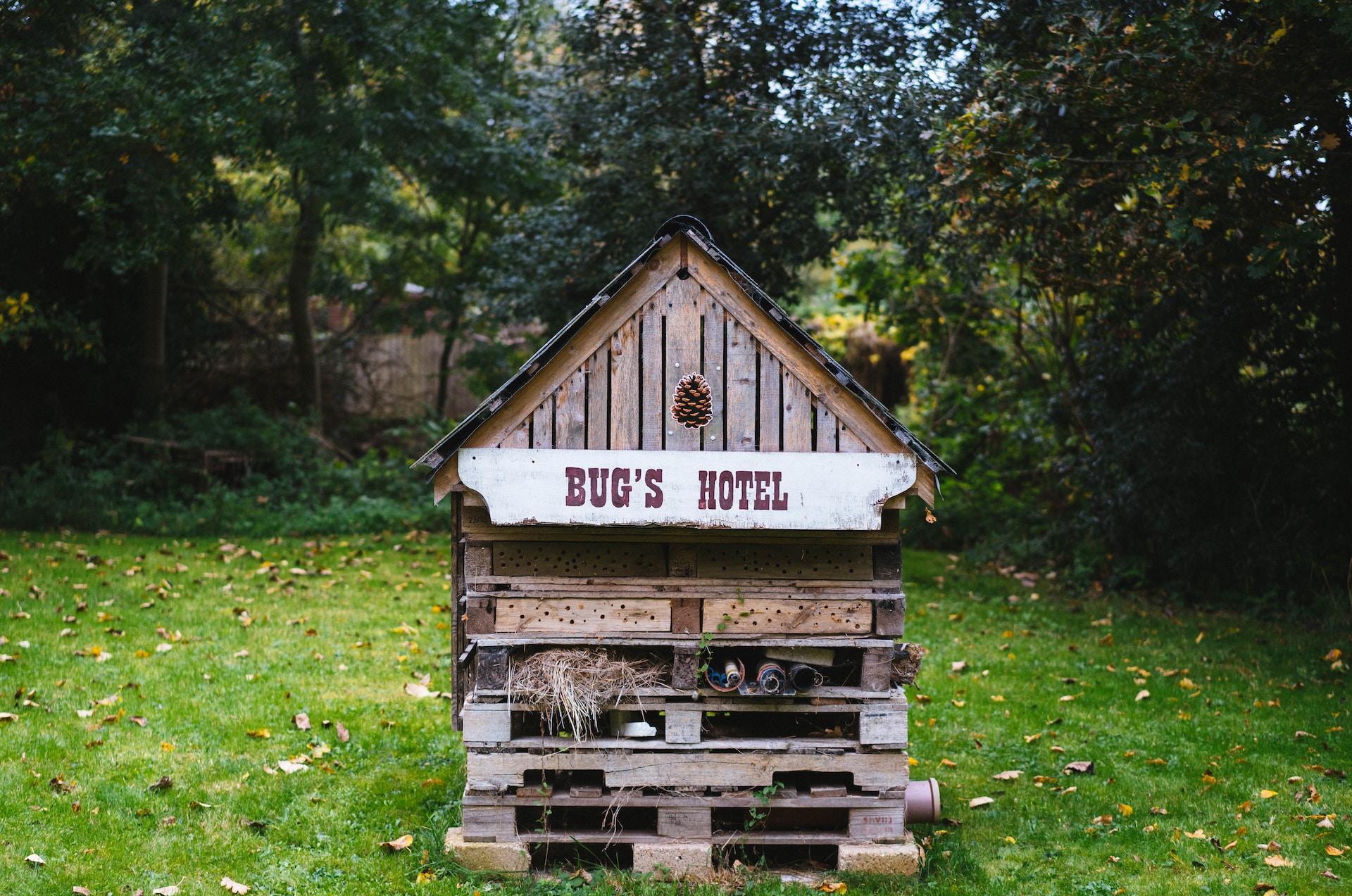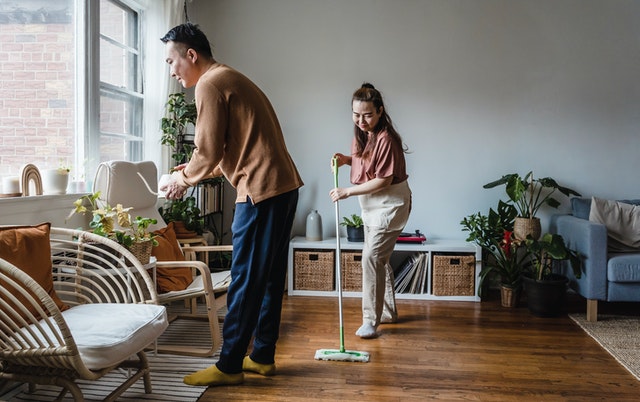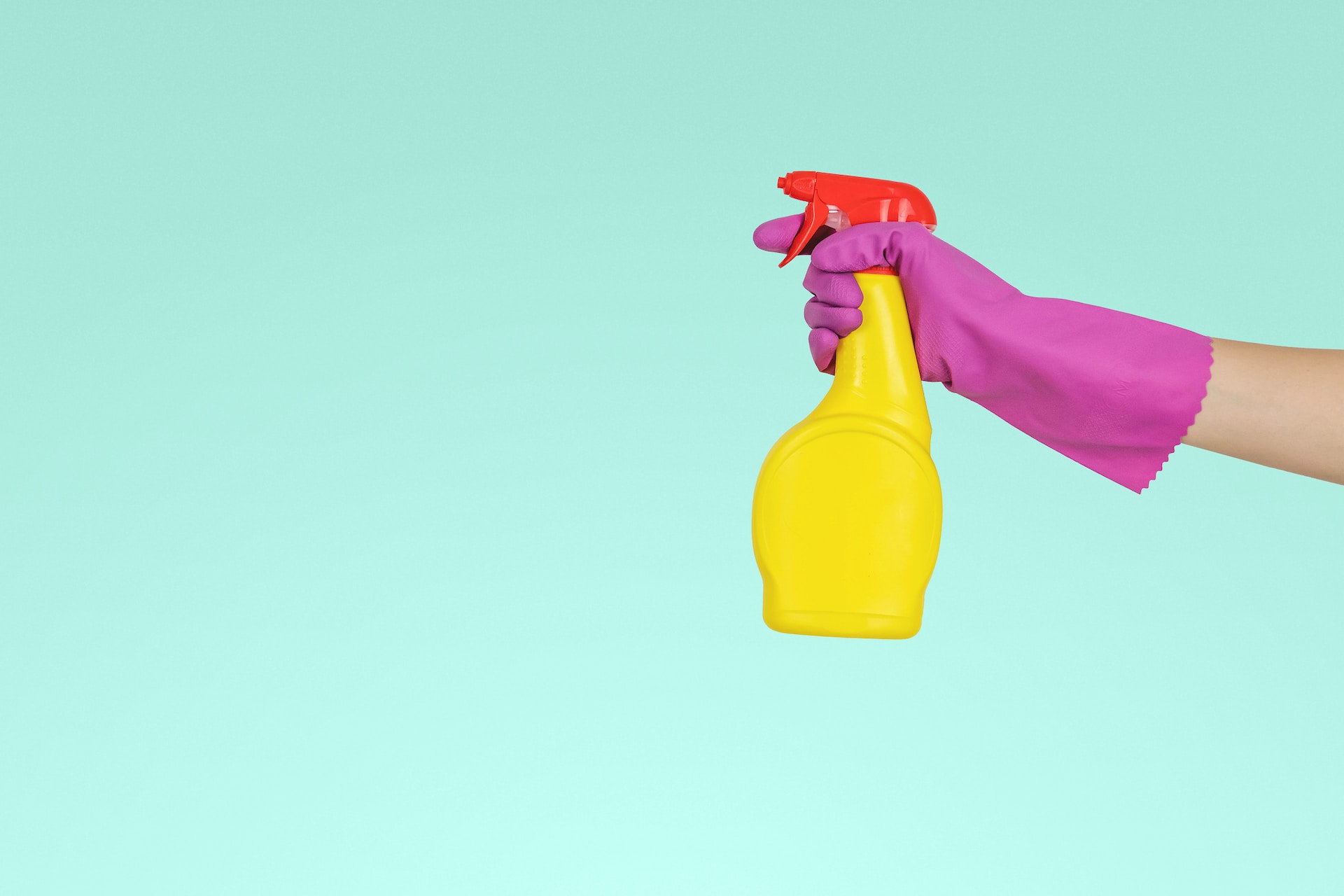No one wants to deal with bugs at home, especially since they can be harmful to our health. Fortunately, there are some things you can do to make your space as fresh and clean as possible to keep a variety of insects at bay. While there’s always a chance that you may encounter some pests inside your home from time to time, there are some things you can do to combat the issue. From using safe and natural pesticides to cleaning the indoor air, this guide has lots of helpful tips and information designed to show you how to enjoy a safe, clean, and bug-free space.
Importance of maintaining a clean and bug-free home
There are several benefits to maintaining a clean, bug-free home:
- Lower risk of illness: Many insects carry germs, bacteria, and diseases, including serious conditions like Lyme disease, viral meningitis, and salmonella. When your home is free of bugs, you’ll have a much lower risk of contracting one of many insect-borne illnesses. Rodents transport many of these diseases, but they’re also prevalent in the insect world.
- Less risk of termite damage: Termites can wreak havoc on your home and cost you thousands of dollars. These invasive insects are notorious for chewing wood in homes, creating dangerous structural damage. When you monitor your home for pests like termites and have a pest control plan, you’re much less likely to be a victim of termite damage.
- Clothing protection: A wide range of insect species are attracted to clothing, and many will chew holes in fabrics. Moths, in particular, are fans of natural materials, so by keeping your home free of bugs, you’re also protecting your favorite clothes, bedding, and other items from damage.
- Safe and healthy pets: Insects like ticks and fleas can cause serious discomfort and even pass diseases onto your pets. Keep your home bug-free to ensure your furry family is safe and healthy. Use the proper flea and tick prevention measures as recommended by your veterinarian to keep not only your pets safe but also your entire family.
- Happy tenants: A bug-free environment is crucial if you rent your home or own an apartment building. It will protect your tenants from the issues mentioned above and help you maintain a reputation of being a clean, proactive landlord who cares about the people they rent to.
Important cleaning and bug prevention habits

One of the most important ways to protect yourself from bugs at home is to practice good cleaning habits. A clean, sanitary space will help you avoid the things that could tempt insects to enter the house. We have a list of tips here for cleaning and bug prevention:
- Practice daily cleaning habits: Avoid leaving dirty dishes out, put food away, and practice some other common-sense daily cleaning tasks. Take the trash outside daily rather than leaving it inside your home overnight. Daily cleaning of your home is the first step toward effective bug prevention. If you have cats at home, clean their litter box every day.
- Weekly cleaning tasks: Write a list of some important weekly cleaning tasks and make sure you do them on a regular schedule. Include things like washing your bedding, mopping and/or vacuuming your floors, and dusting furniture and other surfaces. Clean the inside of appliances, including the microwave, oven, and refrigerator.
- Deep cleaning schedule: Regular deep cleanings will help keep your space nice and fresh. Tasks like steam cleaning your carpets and disinfecting high-touch areas (like door handles and countertops) effectively prevent bug issues. Scrub the toilets, tubs, showers, and sinks in your bathroom, and use a disinfecting product to keep these areas sanitized.
- Remove clutter and keep spaces tidy: To prevent bugs, it’s important to remove all clutter from your home. Insects love to nest in piles of paper like newspapers or magazines, so get rid of those items regularly. Make sure items in your pantry are stored securely to prevent insects from attempting to get inside food containers.
Use appliances that can help prevent bugs and improve indoor air quality

Keeping the air inside your home is not only important for your health, but it’s also a good way to prevent insects and other pests from coming inside. Here are some appliances you can use to help improve the air quality in your home while also preventing bugs from making your house their home.
- Air purifier: An air purifier helps to remove pollutants and airborne contaminants. These handy appliances may help reduce the spread of harmful bacteria, particles, and allergens commonly found inside your home. Using an air purifier may also help to reduce allergy symptoms and the spread of infectious diseases. By eliminating dust, it also helps to prevent bugs from wanting to live inside.
- Dehumidifier: Insects love damp, humid environments. If you live in a humid climate, a dehumidifier is crucial to preventing bug issues. These devices can keep your home’s indoor air dryer and may also help keep your home cooler during warmer months. Use a dehumidifier in damp areas of the house or in places with poor air circulation to prevent pests, mold, and mildew.
- Vacuum cleaner: A vacuum cleaner is an essential tool to help keep your home clean, but it can also improve indoor air quality. Choose a vacuum cleaner with a HEPA filter to help keep pollutants from circulating through the air as you clean. These filters are specially designed to capture pollen, dust, dirt, bacteria, and moisture. It’s an easy way to clean your space, maintain healthy and safe indoor air quality, and very effective if you are trying to get rid of gnats.
- Trash compactor: A trash compactor takes your household garbage and uses force to crush it into tight, compact blocks. Not only does it help to keep your home sanitary, but it also makes it easier to dispose of garbage. This appliance is beneficial if you have a large family or simply produce a lot of trash before the trash removal company comes. Some home warranty companies cover the cost of repairing or replacing trash compactors if they break, so these appliances are worth considering.
- Refrigerator with airtight seals: Ensure you have a high-quality refrigerator with airtight seals. Not only will this keep your food fresher and help you save energy, but it also creates an impenetrable barrier so bugs can’t get inside.
Natural remedies for keeping bugs at bay

Aside from keeping your home clean, there are other ways you can keep bugs at bay using natural repellant and other remedies. Here are some ways to create DIY pest control.
- Essential oils for bug prevention: Certain essential oils can keep bugs away. Not only do these oils repel insects, but they also leave a pleasant, relaxing fragrance behind. Use essential oils like peppermint oil, lemongrass oil, and tea tree oil to create your DIY bug repellant. You may use the oils right out of the bottle or mix a few drops with some water or a carrier oil (like coconut oil) in a spray bottle to make your bug control spray. Neem oil is another effective essential oil often used for pest control. Once you make the mixture, you can use it as a safe and effective pest control throughout your home.
- Homemade bug sprays: Make an insecticidal soap you can spray onto houseplants to prevent pests from attacking your beloved garden. Mix one cup of vegetable oil with one tablespoon of dishwashing soap and spray a small amount directly onto the leaves. Mix 10 drops of citronella oil with two ounces of distilled water and two ounces of white vinegar to make a homemade bug repellant you can apply directly to your skin.
- Natural bug-repelling plants: Many plants do a fantastic job of repelling insects naturally, and depending on your particular growing zone, plant things like basil to keep mosquitoes away and lavender to repel nagging flies. Lemon thyme is a pungent herb that also prevents mosquitoes. Not only do many bugs hate peppermint oil, but you can also plant some mint in your garden to keep a variety of bugs, like bees and wasps, away from your home and garden.
- Other natural bug deterrents: Food-grade diatomaceous earth is a safe and effective way to remove invasive insects. If you want to get rid of cockroaches, simply make a mixture of sugar or cocoa powder and some diatomaceous earth and use it as bait around your home. You can also use this product for outdoor pest control by sprinkling it around the perimeter of your home and in the garden. Vinegar is not only an effective and safe way to clean your home, but it also repels fruit flies. Put some white vinegar or apple cider vinegar in a small bowl, cover it with foil or plastic wrap, and poke small holes to create a natural fruit fly trap.
Other tips for maintaining a fresh and bug-free home
Here are some more easy tips to help you maintain a fresh, bug-free home:
- Practice proper food storage: Insects love to forage for human food, so ensure you’re storing food items properly. Put leftovers away in airtight containers and keep them in the fridge. Keep dry foods like pasta, beans, and rice securely stored in glass or plastic containers and large buckets with airtight lids. Wrap trash in smaller bags before you put it in the trashcan to help eliminate temptation. Cover fresh fruit or refrigerate it to prevent fruit flies and cockroaches.
- Deal with mold and mildew: If you suspect you may have a mold or mildew issue in your home, it’s crucial to control it immediately. Insects love moist, moldy environments, so the sooner you can safely eradicate mold and mildew, the better. Be proactive against the spread of mold and mildew by keeping your home clean and dry, cleaning up spills and messes as soon as they occur, and monitoring your home’s humidity level. Look for leaks or moisture issues under sinks and in the basement and bathrooms to ensure everything is clean and dry.
- Maintain good indoor air quality: Keep the air inside your home clean and free of airborne particles that could attract bugs. Vacuum your house regularly using a HEPA filter and an air purifier to help remove excess dust and bacteria. The cleaner your indoor air is, the better your chance of maintaining a bug-free home.
Prevent clutter and hoarding: Make sure you remove all clutter and excess “stuff” in your home, including piles of clothing that could be lying around. This also applies to the outside of your home, so always stack firewood a safe distance from your home and remove any dead, rotting wood you see. It’s also important to check for standing water, as this creates a breeding ground for mosquitoes and other pests. Throw old newspapers and magazines away or recycle them if possible. The less clutter you have, the better for a pest-free space.

Conclusion
No one wants to deal with bugs at home, but you can take measures to keep your space pest-free with these simple tips. From keeping your home clean to using the right appliances, you’ll enjoy the benefits of a fresh, bug-free home. Try some natural pest control measures whenever possible to keep your family safe, and always look for signs of mold and mildew so you can address the problem as soon as possible. Remember these tips, and you’ll have a fresh home devoid of nasty pests.




